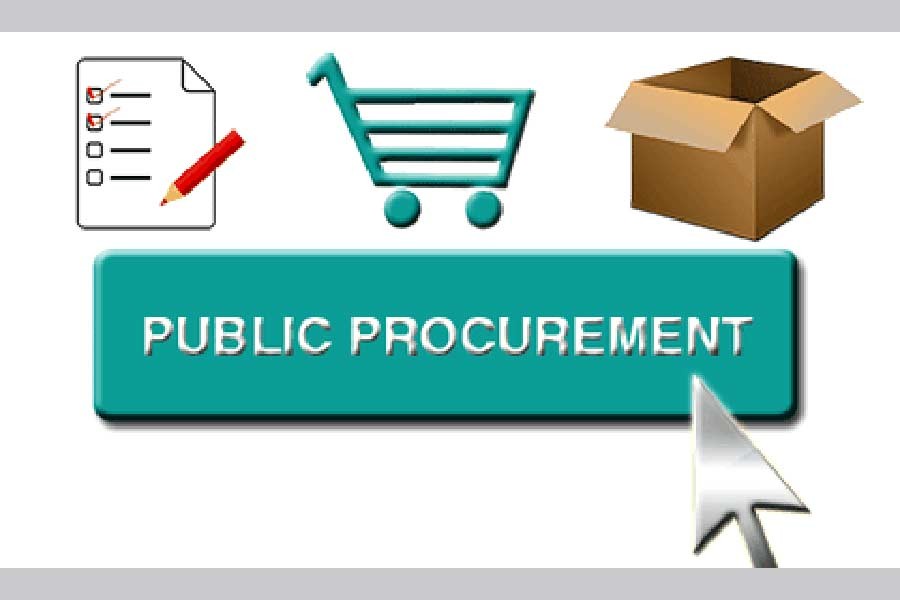
Published :
Updated :

In a bid to make the public procurement process more competitive, transparent, and corruption-free, the government is reportedly planning to abolish the 10 per cent bidding cap. This cap, which disqualifies any bid that exceeds or falls below the quoted price by more than 10 per cent, was initially introduced to prevent contractors from submitting abnormally low bids to secure contracts. This measure, however, has created new avenues for corruption. Contractors have exploited this cap by submitting bids exactly 10 per cent below the quoted price, which indicates collusion and potential information leakage. The exact quoted price is supposed to remain confidential, but some officials disclose this information in exchange for bribes, allowing certain contractors to gain an unfair advantage. Furthermore, when multiple contractors submit identical bids, the contract is awarded through a 300-mark metrics, which predominantly favours those who have won previous contracts. Thus the bidding process systematically prevents the entry of new bidders, while certain parties keep getting multiple projects. Abolishment of the 10 per cent bidding cap is, therefore, seen as a welcome move to make public tendering process more competitive.
Then again, removal of the 10 per cent cap raises concern about the resurgence of the old problem of contractors colluding to propose abnormally low prices. The Bangladesh Public Procurement Authority (BPPA) has already formed a technical committee to devise a strategy to deal with the abnormally low bids, because entertaining such bids may lead to substandard work. To address this problem, the authorities should look beyond the conventional practice of awarding contracts to the lowest bidder or relying solely on competitive bidding. Instead, the BPPA should consider replicating the Korean method, which involves averaging the prices of all submitted bids and awarding the contract to the bidder whose price is closest to the average. This could be a potent way of mitigating the risks of both underbidding and overpricing.
Moreover, there is a need for systematic reform and targeted measures at every stage of the supply chain. Corruption in the procurement process often starts with the deliberate inclusion of biased specifications that favour specific suppliers. Biased conditions in the tender document or vague specifications often undermine fair competition. Therefore, it is crucial to ensure that tender specifications are reviewed and validated by independent experts. Additionally, drafting tender conditions and technical specifications in a clear, comprehensible manner and publishing all relevant information on digital platforms can encourage broad participation. However, reforms in selection processes alone will not be enough. Rigorous supervision and monitoring of project execution are crucial to ensuring accountability and adherence to standards.
The country's public procurement process has long been plagued by rampant corruption, facilitated by violations of procurement rules, abuse of power, political influence, collusion, syndicates, breach of confidentiality and a lack of transparency in tender processes. While the introduction of electronic government procurement (e-GP) aimed to curb some of these issues, such as the snatching of tender boxes and acts of violence, a 2023 TIB study revealed that work orders are often pre-decided due to collusion between bidders and officials involved in the e-GP system. Furthermore, the TIB study found that ninety-nine percent of e-procurement contracts fall within the value range of Tk 10 to Tk 250 million. This indicates that high-value contracts are often excluded from the e-GP system. The World Bank has recommended that all government procurements be conducted through the e-GP system to ensure greater transparency and accountability. However, transparency and accountability in the procurement system can only be achieved by breaking the unholy nexus among corrupt politicians, administrative officials and contractors. Otherwise, corruption in the procurement process will continue to drain the public exchequer.


 For all latest news, follow The Financial Express Google News channel.
For all latest news, follow The Financial Express Google News channel.